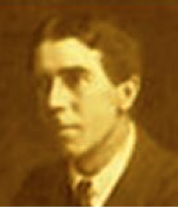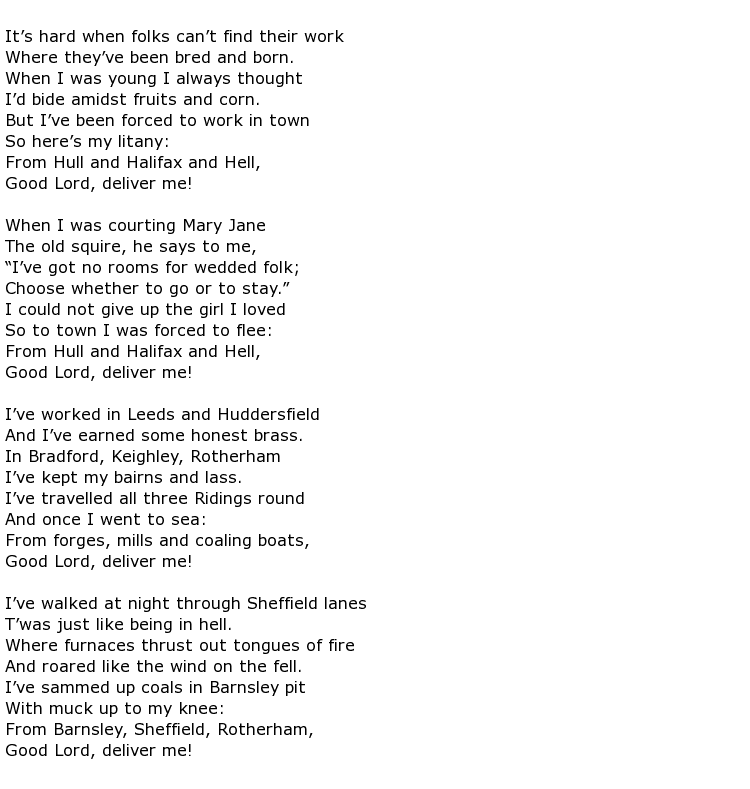 The English writer and university professor F W Moorman was an expert on the Yorkshire dialect and used it to great effect in a number of his poems. His literary output included poetry and plays and he edited works by Shakespeare and others. During the last six years of his life he was Professor of English Language at the University of Leeds.
The English writer and university professor F W Moorman was an expert on the Yorkshire dialect and used it to great effect in a number of his poems. His literary output included poetry and plays and he edited works by Shakespeare and others. During the last six years of his life he was Professor of English Language at the University of Leeds.
He was born Frederic William Moorman sometime during the year 1872. His place of birth is uncertain but he grew up in the south western county of Devon. His educational record only states for certain that he attended the Strasbourg University in western France but he returned home soon after graduating from there. In 1898 he was able to secure an appointment in the English department of what was then known as the Yorkshire College, in Leeds. Six years later the college’s status was upgraded and it became known from then on as the University of Leeds. Moorman thrived in this environment and became Professor of English Language in 1912.
It was during his association with the Workers’ Educational Association that he began to write about industrial and social history, embellishing much of this work with the strong, almost unfathomable Yorkshire dialect. At least it is to those who were not born in the Yorkshire Ridings! One such poem was The Dalesman’s Litany which became a traditional folk song and was collected by a number of contemporary folk singers during the latter decades of the 20th century. It was the detailed story of a man who has travelled “all three Ridings round” in search of meaningful work.
Having started life as an agricultural labourer he is forced to seek work elsewhere and finds it in the terrible environments of the steel foundries and coal mines of South Yorkshire, and the mills of West Yorkshire. He even plies his trade on the coaling boats going up and down the coastal waters around England. He finally finds solace in his return to the relative peace of the countryside, thanking the “Good Lord” for delivering him from torment. To make it easier to understand, here are the opening verses of the “non-dialect” version of the poem:

Moorman had a passionate interest in the landscapes and history of Yorkshire and, as well as poems and stories, he produced serious studies of the towns and villages of the county. A good example of this kind of work would be his book called The Place-Names of the West Riding of Yorkshire. He even claimed that the first settlers in that area were a Germanic tribe called the Geats, as opposed to the generally accepted Saxon and Angle tribes. He suggested that the great early example of English literature, the story of Beowulf, may have been composed by these early settlers, in Yorkshire.
Moorman was described as

and it seems that he travelled widely to discover the origins of certain words and sayings. Much like the traveller in the above mentioned Litany in fact. Tragically his quest came to an end sometime during the year 1918 when he died in a drowning accident, at the age of 46.
F W Moorman’s position at Leeds University was then taken by an even more famous author – J R R Tolkien.

